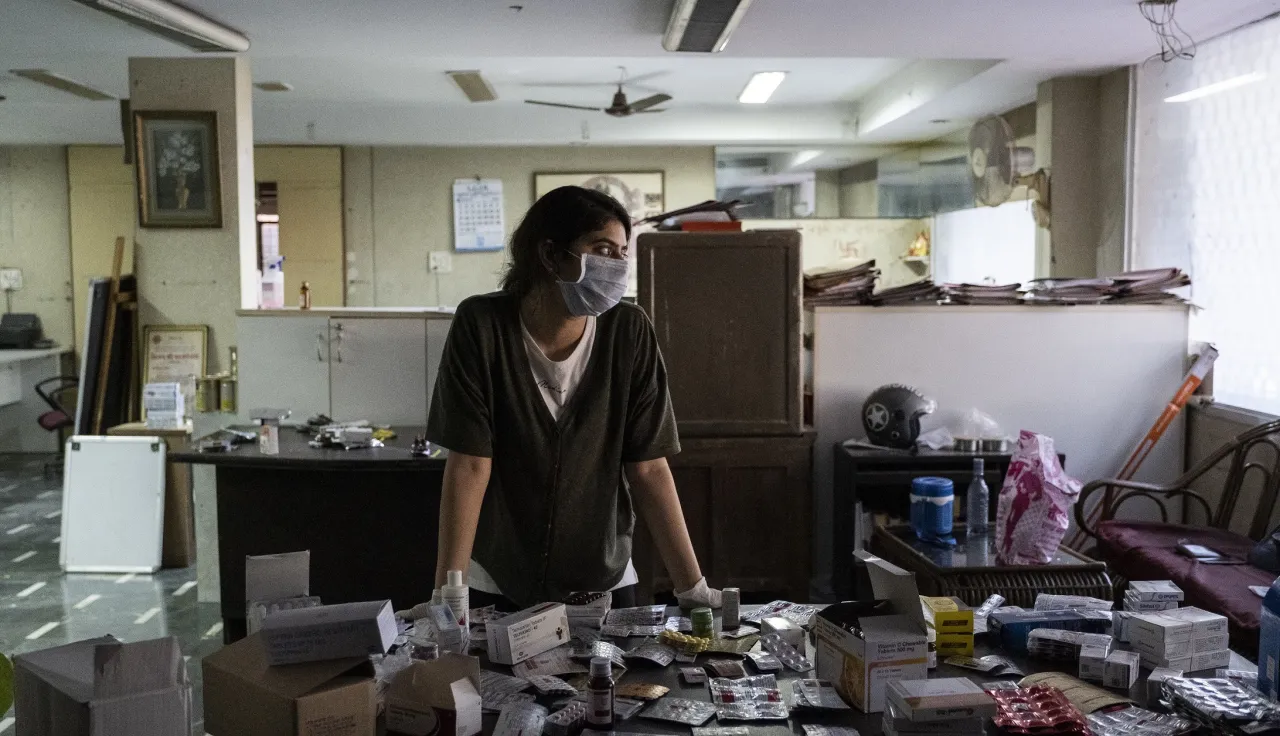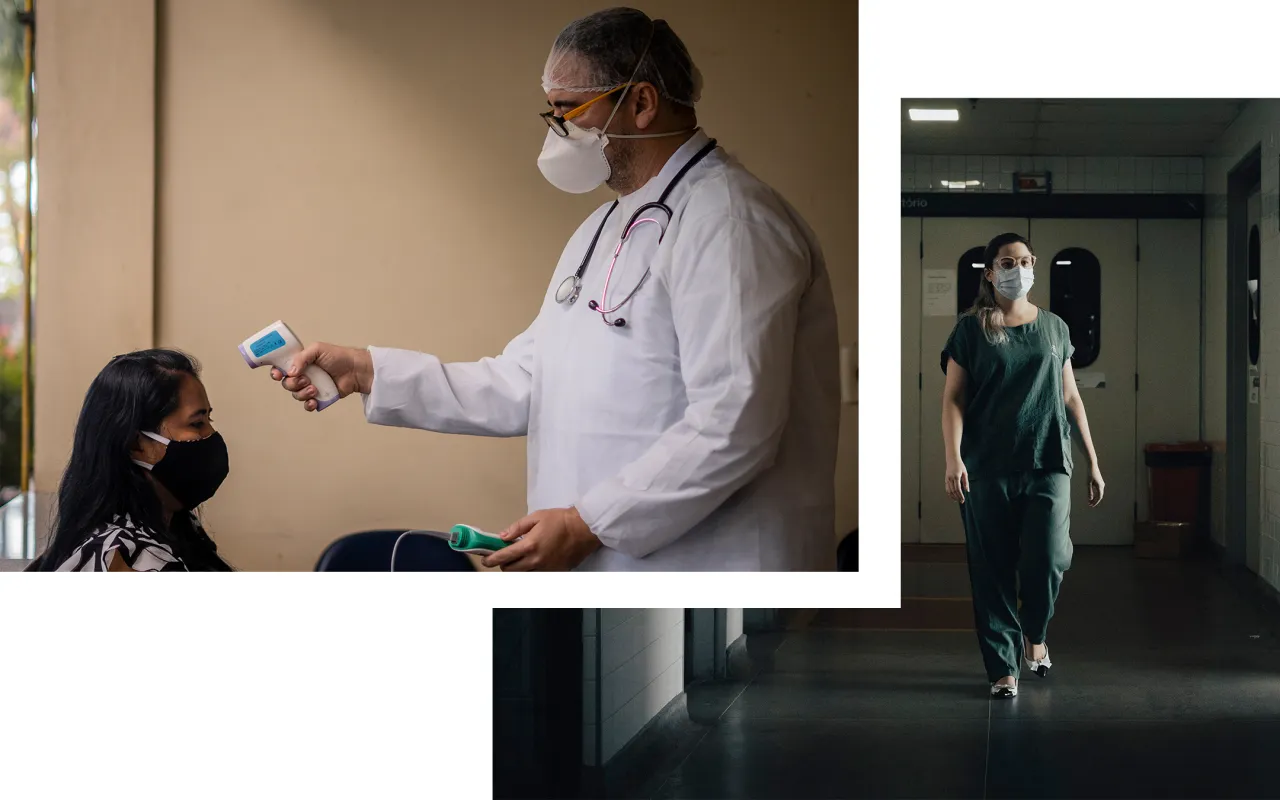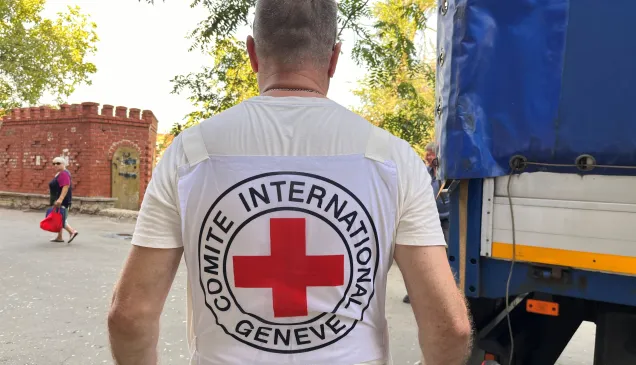Crisis within a crisis: Mental health distress rises due to COVID-19

Today the International Red Cross and Red Crescent Movement launch a new report detailing an escalation of psychological distress caused by the COVID-19 pandemic and tabling critical actions needed to address what has become a crisis within a crisis.
'The greatest need was to be listened to: The importance of adapting mental health and psychosocial support during COVID-19' is a new report from Red Cross and Red Crescent mental health specialists bringing together insights and recommendations gleaned from experience over the past six months to help other practitioners, governments, and community organisations respond to the escalating needs.
It drives home the importance of this health care to serve people affected by mental health conditions, their communities and society as a whole.
Exacerbating existing mental health needs for communities affected by conflict
COVID-19 is creating historic mental health and psychosocial support needs — for virus victims, their families, health workers and others responding to the outbreak, and the public at large. This situation has exacerbated the psychological distress of thousands of people.
Lockdown restrictions, the absence of social interaction, social outlets and the aggravation of economic challenges, are all impacting people's mental health and access to care.
The increase in psychological distress felt by communities globally is demonstrated in a recent survey conducted by Ipsos for the ICRC across seven countries. Key findings include:
- 51% of adults perceive that COVID-19 negatively affected their mental health.
- Almost two-thirds across seven countries agree that taking care both of mental and physical health has become more important now than before the COVID-19 crisis.
- Almost three in four believe that COVID-19 frontline workers and first responders have more needs for mental health support than an average person in the population

Since the beginning of the pandemic, the ICRC has experienced an increasing demand for support from frontline responders worldwide: medical staff, volunteers, teachers, social workers, dead body collectors, community leaders and many others who continue striving to support others.
The hardship associated with their roles aggravates their own individual and social concerns and needs. The mental health and well-being of these helpers must be supported; doing so will ensure they can continue to care appropriately for others.
COVID-19 doesn't just affect our physical health. pic.twitter.com/qR5agTxaEW
— ICRC (@ICRC) October 6, 2020
We must invest in mental health care
Mental health support must be included in the first wave of humanitarian emergencies including pandemic response, as an integral component in domestic and international emergency response systems. States and key stakeholders should strive to support health systems through funding, staffing, facilities, PPE, and the integration of MHPSS in national health strategies to ensure MHPSS (Mental Health and Psychosocial Support) needs are met adequately and without delay.
Read more on Mental Health Psychosocial Support:
Coronavirus lockdown: Solidarity starts with a word
COVID-19: Global pandemic may increase stress exponentially



